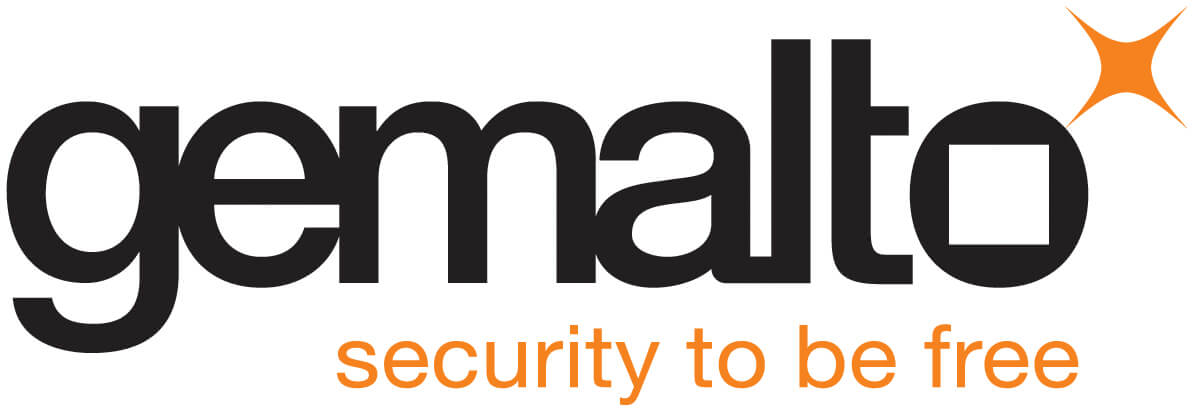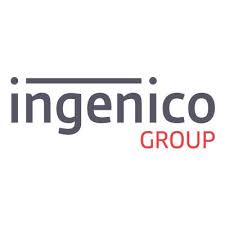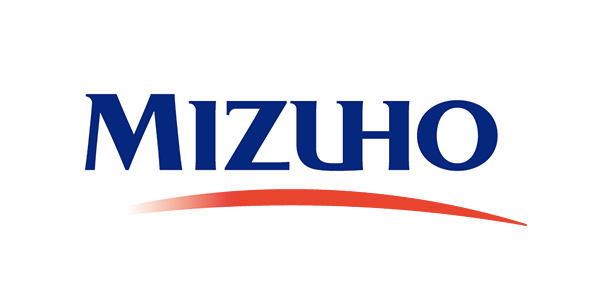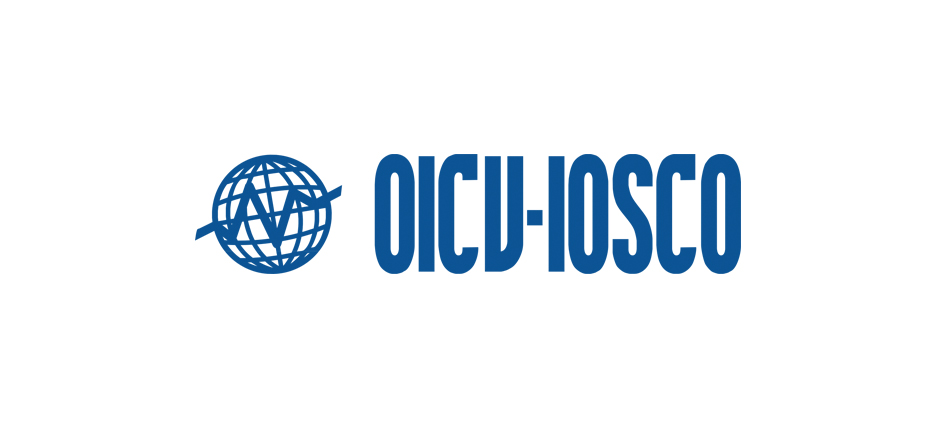Published
- 07:00 am

Leading Nordic banks DNB Bank ASA, Danske Bank A/S, Nordea Bank AB (publ), Svenska Handelsbanken AB (publ) and Skandinaviska Enskilda Banken AB (publ) have decided to explore the possible establishment of a Nordic Know Your Customer (KYC) infrastructure that would, in initial phase, service large and midsize Nordic corporates.
In recent years, compliance with requirements for processing customer data has become a critical component in fighting financial crime. Bank customers are, however, struggling with time-consuming KYC information requirements, often including many banks and formats. Inefficient KYC processes also impact banks negatively, slowing down transaction processes, and increasing administration and risks.
At the same time, the banking community is continuously facing more regulations and requirements related to KYC processes. There is hence a need for a consolidated, efficient and accurate way to serve customers, banks and society.
The banks intend to set up a joint venture, Nordic KYC Utility, with a singular focus on developing an efficient, common, secure and cost-effective Nordic KYC infrastructure. The company will be owned and controlled by the founding banks, however, the plan is that the company will also offer its services to third parties. The initiative will contribute to ensuring a healthy financial environment, prevent financial crime and to protect customers and society.
The establishment and operational start of the joint venture company is conditional upon approval of the European Commission under the EU Merger Regulation and the company is expected to be established during the second half of 2018.
Related News
- 09:00 am

By 2022, more than 4 in 10 employees around the world are expected to be mobile, according to Strategy Analytics. With an increasing need for workplace mobility, Acer has incorporated Gemalto miniaturized embedded SIM (eSIM) into its Swift 7 laptops to offer ultra-portable always-connected PCs that enable users to be connected on the go.
Compliant with the GSMA Remote SIM Provisioning specifications, Gemalto eSIM is fully integrated with Windows 10. Users can easily activate the default telecom operator profile which comes with the new Acer Swift 7. Later on, they can switch to their preferred mobile network operator without the need to change SIM cards as eSIM is globally interoperable across all carriers. Thanks to reliable and always-on mobile eSIM connectivity, professionals gain in work productivity and efficiency wherever they are.
Mobility is gaining traction worldwide. IDC reported that global spending on mobility-related hardware, software, and services – such as smartphones, enterprise mobility management software and mobile connectivity services will reach US$1.72 trillion by 2021, up by 8.5% compared to last year. The U.S, Mainland China, and Japan are expected to be the top three markets in terms of mobility spending throughout the forecast period.
"With Gemalto's proven expertise in eSIM deployment, the Acer Swift 7 can help professionals stay productive with flexible and seamless connectivity on the go," said Jerry Hou, General Manager, Consumer Notebooks, IT Products Business, Acer. "Similar to smartphones, always-connected PCs such as Acer's Swift 7 will get notifications and pull data without ever disconnecting. We are delighted to provide this seamless connectivity, which will in turn help organizations better serve the needs of the growing pool of mobile workers," said Sashidhar Thothadri, senior vice president, Mobile Services & IOT Asia, Gemalto.
Related News
- 05:00 am

Ingenico Group, (Euronext: FR0000125346 - ING), the global leader in seamless payment, today announced it entered into exclusive negotiations regarding the combination of BS PAYONE owned by DSV (a subsidiary of the Sparkassen-Finanzgruppe) with Ingenico Retail assets in DACH (Germany, Austria, Switzerland). This non-cash business combination would be 52% owned and consolidated by Ingenico Group.
The joint-venture would create the clear market leader in the attractive German market with the broadest offering in-store and online covering the specific needs of all types of merchants.
Both parties would become long term partners in the DACH region. Current BS PAYONE shareholders would maintain meaningful minority rights in line with their 48% stake.
Headquartered in Frankfurt, BS PAYONE is a leading full-service payment provider offering instore and online payment solutions and employing around 700 people. Serving more than 250,000 merchants in various industries, from small and medium-size businesses to large international accounts, BS PAYONE is the second largest international card acquirer in Germany and a major Network Service Provider (NSP). BS PAYONE benefits from close partnerships with a large number of savings banks in Germany.
The parties intent to sign definitive agreements in Q3 2018.
Related News
- 03:00 am

OpenText, the global leader in Enterprise Information Management (EIM), today announced that Opel Automobile GmbH (Opel) has selected OpenText to digitise the organisation’s payment management processes, streamlining the information flow and payment processes between Opel and its global supply chain – including suppliers, dealerships, and financial institutions.
With payment management solutions from OpenText, Opel can integrate accounts payable and payment systems, streamlining electronic funds transfers to provide real-time visibility into cash, liquidity and financial positions. OpenText also provides Opel’s Payment team with strengthened control and delegation procedures, as well as improved support for global suppliers and dealerships through enhanced B2B integration and digital payment processes.
“As one of Europe’s leading car makers, Opel has a complex global supply chain, with many thousands of suppliers, partners and customers,” said Karsten Mecklenburg, director information technology, Opel Automobile GmbH. “An efficient and streamlined invoicing and payment process across our entire supply chain is a vital component in ensuring the success of our business. By utilising OpenText’s Business Network and Managed Services we have been able to provide real-time financial reporting to the business, enabling Opel to make strategic, global funding decisions with greater insight and certainty.”
“Management of payments, invoices and costs is a vital part of any organisations’ success, and gets more complex in a digital world,” said Mark J. Barrenechea, vice chair, CEO & CTO, OpenText. “Having a real-time view of a company’s cash and liquidity position allows management to optimise working capital and the performance of their business. Real-time insight is vital for today’s successful digital enterprises.”
OpenText Business Network is a set of solutions within Enterprise Information Management (EIM) that facilitate efficient, secure, and compliant exchange of information inside and outside of organisations, helping to drive digital transformation throughout the supply chain and global payments ecosystem.
Related News
- 30.05.2018 -- 03:26 pm
Financial IT speaks with Atul Saini, CEO of Fiorano Software about company's latest PSD2 solution.
Other Videos
- 05:00 am

As one means of strengthening our response to changes in global financial regulations prompted by the 2008 global financial crisis, Mizuho Financial Group, Inc. (President & Group CEO: Tatsufumi Sakai) and Mizuho Bank, Ltd. (President & CEO: Koji Fujiwara) are planning to develop a market risk management system using a cloud computing environment provided by Amazon Web Services (AWS).
In order to comply with FRTB implementation requirements by 2022, we are planning to develop a market risk management system that will incorporate calculation logic capable of supporting sophisticated risk management, as well as utilize AWS’s cloud services, which have been widely adopted in the financial services industry in recent years. We are transitioning to cloud services because we believe that the best approach to developing the system would be to utilize a computing environment where servers can be procured flexibly depending on the number of calculations. Cloud services will enable us to procure the system resources necessary for largescale calculations in a timely and appropriate manner as well as reduce future costs by avoiding extensive infrastructure investment. We will also be capable of responding flexibly to future tightening of regulations and transaction volume fluctuations by securing flexibility in procuring servers.
Going forward, we will endeavor to enhance the sophistication of our risk management and our compliance with global financial regulations while at the same time optimizing system investment costs by utilizing the most advanced IT infrastructures.
Related News
- 06:00 am

DasCoin, the Currency of Trust and the store of value within DasEcosystem, is now listed on the world’s most popular cryptocurrency portfolio management app, Blockfolio.
Blockfolio supports over 3,000 cryptocurrencies allowing users to track their entire portfolio in one place. The app provides detailed price and market information and can receive Blockfolio Signal updates directly from the crypto teams.
The clean and simple Blockfolio interface makes it extremely popular for every type of cryptocurrency trader. The most popular features include up-to-date exchange prices and tracking profit/loss of assets.
DasCoin’s integration with Blockfolio comes amid growing awareness in the wider cryptosphere of DasCoin, the currency of trust. The app is now available in six languages, English, Spanish, Portuguese, Korean, Japanese and Russian.
In April, DasCoin became available to trade on public exchanges CoinFalcon, BTC-Alpha and EUBX with several more in the pipeline. DasCoin will only be traded on public exchanges that operate the same strict “Know Your Customer” authentication protocols that underpin DasCoin itself.
More than 750 million DasCoin have already been minted since March 2017. Members of the NetLeaders community purchase licenses giving them access to a certain number of Cycles – units of capacity – on the blockchain. These Cycles can either be used for a variety of services or submitted to the DasCoin Minting Queue and converted into DasCoin. There will be a total volume of 8.589 billion DasCoin.
DasCoin possesses and operates best-in-class Blockchain technology based upon BitShares’ distributed ledger technology, known as Graphene. BitShares is one of the longest ledger in existence and is one of the highest performing ledgers with capacity exceeding 100,000 transactions per second.
Addtionally, DasCoins are not “mined” like those of Bitcoin and other proof-of-work coins. The minting process results in a significant reduction in energy consumption, as well as a more equitable distribution of value.
Related News
- 01:00 am

As part of our continued commitment to provide merchants and consumers with more personalized commerce experiences, I am pleased to announce that PayPal has acquired Jetlore, an AI-powered prediction platform for some of the world’s top retailers.
With Jetlore’s talent and AI-powered technology, we will enhance and accelerate PayPal Marketing Solutions, adding new capabilities that continue to expand PayPal’s value proposition for merchants beyond the online checkout experience. We share Jetlore’s passion for creating amazing - and personalized - customer experiences and believe their capabilities will accelerate our ability to help merchants optimize content and communication for their customers.
Welcome to PayPal, Jetlore team and customers. Together, we’ll continue to help merchants develop even more meaningful customer relationships.
Related News
- 04:00 am

Financial regulators, public authorities, and other organisations are increasingly using behavioural insights to educate investors to make more informed financial decisions, according to a report published today by the International Organization of Securities Commissions (IOSCO) and the Organisation for Economic Co-operation and Development’s International Network on Financial Education (OECD/INFE).
The IOSCO-OECD report, The Application of Behavioural Insights to Financial Literacy and Investor Education Programmes and Initiatives, examines how findings from behavioural sciences can be used to develop investor education and financial literacy initiatives that may be more effective than traditional programs, largely by mitigating the effects of behavioural biases. Behavioural sciences focus on the way individuals think and behave, based on empirical evidence from a range of social sciences, such as economics, psychology, and social marketing, as well as from other fields like neuroscience.
The report draws on an extensive literature review of strategies that use behavioural insights to help break down the barriers to satisfactory or rational decision making and nudge consumers towards better financial planning and investment. The report also builds on the input from more than 80 IOSCO and OECD/INFE member institutions and includes a wide variety of practical applications of behavioural insights, ranging from “debiasing” applications for educational purposes (e.g. online comparison and simulation tools) to the development of campaigns and targeted messaging.
The report also provides various approaches for regulators, policy-makers, and practitioners to choose from when considering whether and how to apply behavioural insights. These approaches include such things as: gaining a full understanding of the problem that consumers or investors face before designing a solution; taking the context of financial decision making into account; conducting small-scale pilot and field tests before implementing and scaling up initiatives; evaluating outcomes rigorously; sharing knowledge and experiences within organisations and with stakeholders and keeping track of this information; preparing the groundwork within organisations before starting to consider behavioural insights; combining traditional approaches and behavioural insights; and reviewing programs and initiatives regularly.
The IOSCO-OECD report highlights the effectiveness of conducting evaluations against a control group (e.g. randomised controlled trials) to gauge the impact of different initiatives on investors´ behavioural responses and to learn and build on those experiences.
Related News
- 03:00 am

Mobile Virtual Network Operators (MVNOs) accounted for 0.66% of Africa and the Middle East (AME)’s total mobile subscriptions in 2017. This share is expected to grow slightly over the forecast period to reach 0.73% by 2023, according to GlobalData, a leading data and analytics company.
Declining voice prices and the emergence of over-the-top (OTT) applications like WhatsApp and Facebook Messenger have disrupted the business model of these MVNOs, built historically around offering affordable local and international voice minutes. Furthermore, their foray into the mobile data segment has not always encountered the expected level of success. One reason for that could be that their hosting Mobile Network Operators (MNOs) started seeing them as potential competitors and have refused to drop their wholesale data prices.

Houda Bostanji, Technology Analyst at GlobalData says, “A number of MVNOs have succeeded in building a relatively sizable scale across the region. FRiENDI in Oman, Virgin in Saudi Arabia and Lycamobile in Tunisia are examples of MVNOs that have noticeable presence in their local markets.
“This shows that the MVNO business is not dead and can represent a real revenue opportunity in AME.”









